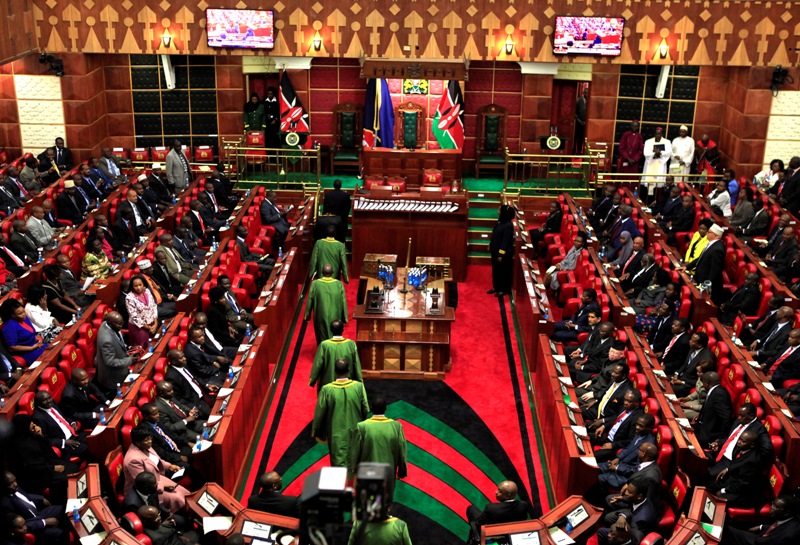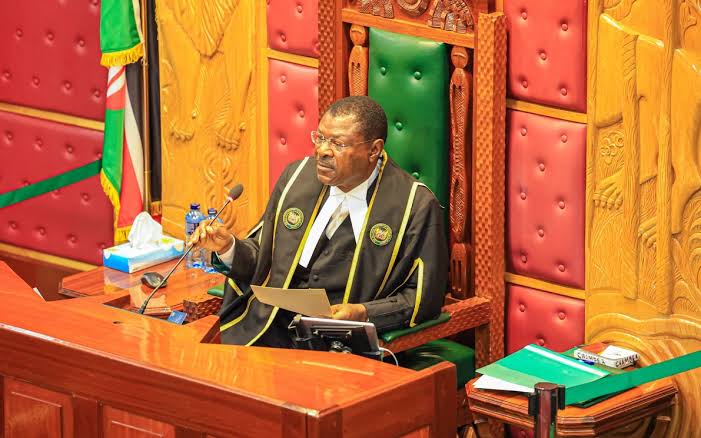Government Bows to COTU Demands with Major Reforms in Housing Levy Management
The government has agreed to key reforms in the management of the Affordable Housing Levy after talks with COTU. Misused funds will be refunded, and future spending restricted to housing projects only. Salaried workers will now get priority in housing allocations with reduced deposit requirements.
In a significant shift, the Kenyan Government has made a series of far-reaching commitments to the Central Organization of Trade Unions (Kenya), COTU (K), following a highly anticipated meeting between President William Ruto and COTU Secretary General Francis Atwoli. The development is being hailed as a landmark victory for Kenyan workers in their long-standing push for transparency and accountability over the Affordable Housing Levy.
The consultative meeting, held on Wednesday, June 18, 2025, also included COTU Assistant Secretary General Ernest Nadome, who serves as a Director on the Affordable Housing Board. The leaders emerged from the talks with several resolutions designed to restore public trust in the housing programme, which has faced mounting criticism for alleged misuse of funds.
Top on the agenda was the issue of funds being diverted to projects unrelated to housing, such as the construction of markets. In response, the government agreed to immediately halt all ongoing and future market construction projects financed through the housing levy. COTU confirmed the decision in a public statement, declaring it a necessary step to stop the misdirection of workers’ contributions.
Further reinforcing this commitment, the government also pledged to refund all monies that had been misused for market construction. These funds will be redirected back into the Affordable Housing Levy Fund to fulfill their original purpose — financing the construction of affordable homes for Kenyan workers.
Atwoli emphasized that the government has now committed to ensuring that any infrastructure funded by the housing levy will be strictly tied to affordable housing developments. He noted that schools, roads, and other facilities will only be included if they directly serve the housing projects. In rare exceptions, the state may assist in developing nearby essential infrastructure if space within the housing area is limited.
One of the most impactful outcomes for salaried workers is the government’s agreement to give them top priority in housing allocations. All contributors to the Housing Levy from the salaried workforce will be automatically considered for unit allocation, excluding those who qualify under the social housing category.
In a move aimed at improving access, the initial deposit required for purchasing an allocated housing unit has been reduced from 10 percent to 5 percent. COTU described this as a “major stride” toward making home ownership more achievable for ordinary Kenyan workers, many of whom have struggled to meet the high deposit requirements.
To ensure continued oversight and accountability, a special committee will be formed under the Affordable Housing Board. This body, with members drawn from both the national and county governments, will be tasked with recovering funds previously misused for non-housing projects and channeling them back into the housing programme.
This announcement comes amid growing public pressure and calls for transparency, as many workers accused the government of betraying the intended purpose of the deductions taken from their salaries. Atwoli, in his remarks, said the resolutions mark a new era of accountability and credited the meeting as a result of effective engagement between workers’ representatives and the highest levels of government.
“We thank the President for listening to the voices of workers,” said Atwoli. “This is a positive step toward protecting the rights and welfare of all Kenyan workers.”













